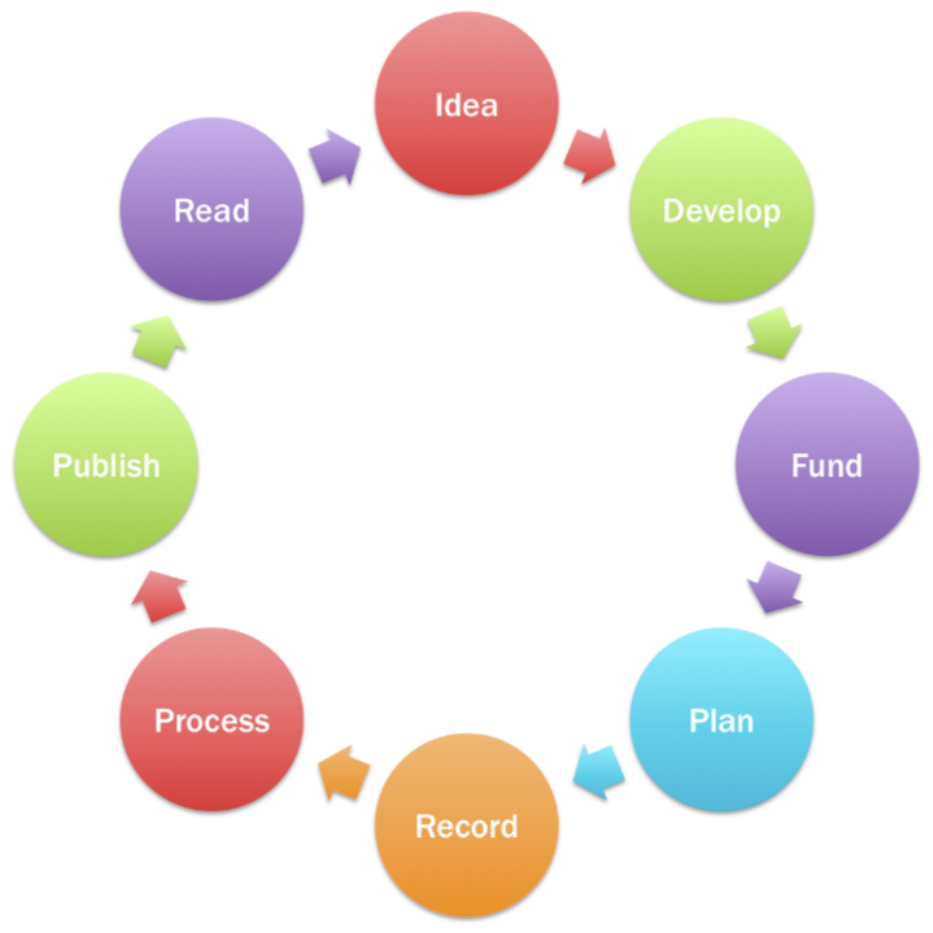
Listed below are options available for you to contact a reference librarian and ask for help with your research.
Tools That Help to Find Ranked Journals in a Discipline:
Google Scholar Metrics: Google ranks journals based on 5-Index (5 year hindex) and h5-median. Filters by broad subject area, e.g. Engineering and Computer Science and by language.
SCImago Journal & Country Rank: Offers the ability to see journals and their h index with filters for area, e.g. Arts and Humanities and by category, e.g. Museology as well as country.
Journal suggestion tools: These tools allow you to input information and will return a list of journals based on your input.
Checking Journal Quality
Blobaum's Checklist for Review of Journal Quality for Submission of Scholarly Manuscripts This is a working paper is a checklist of quality indicators.
Thinkchecksubmit A checklist developed by scholarly publishing organizations and journals, questions to ask yourself before you submit and article to a journal you might not be familiar with.
Quality Open Access Market is a crowd-sourced effort that rates journals with score cards Green for strong, Yellow for weak, Red for Threat to authors and Blue for opportunity for publishers.
The phrase "PREDATORY PUBLISHERS" is a label applied to open access publishers that "prey" on researchers that need to publish to maintain their academic status. Typically the predatory publisher uses email flattery, promises of rapid reviewing and acceptance, promises of "discount" author fees, offers editorial positions, and the simplicity of paying immediately with a credit card. In fact, the predatory publisher typically performs no peer review and is trying to maximize the cash payments from authors under time and institutional pressure to publish. These publishers often approach scholars through frequent email (SPAM) inviting submissions without mentioning publishing fees. Predatory publishers are also characterized by the following deceptive practices:
Note: The presence of an author processing charge does not mean the journal is predatory. The open access publishing model uses article processing contributions in the business model, since there is no subscription income. There are also credible organizations that do not charge processing fees and fund their own costs.
Not certain?

source: https://commons.wikimedia.org/wiki/File:Research_cycle.png (CC BY 2.0)